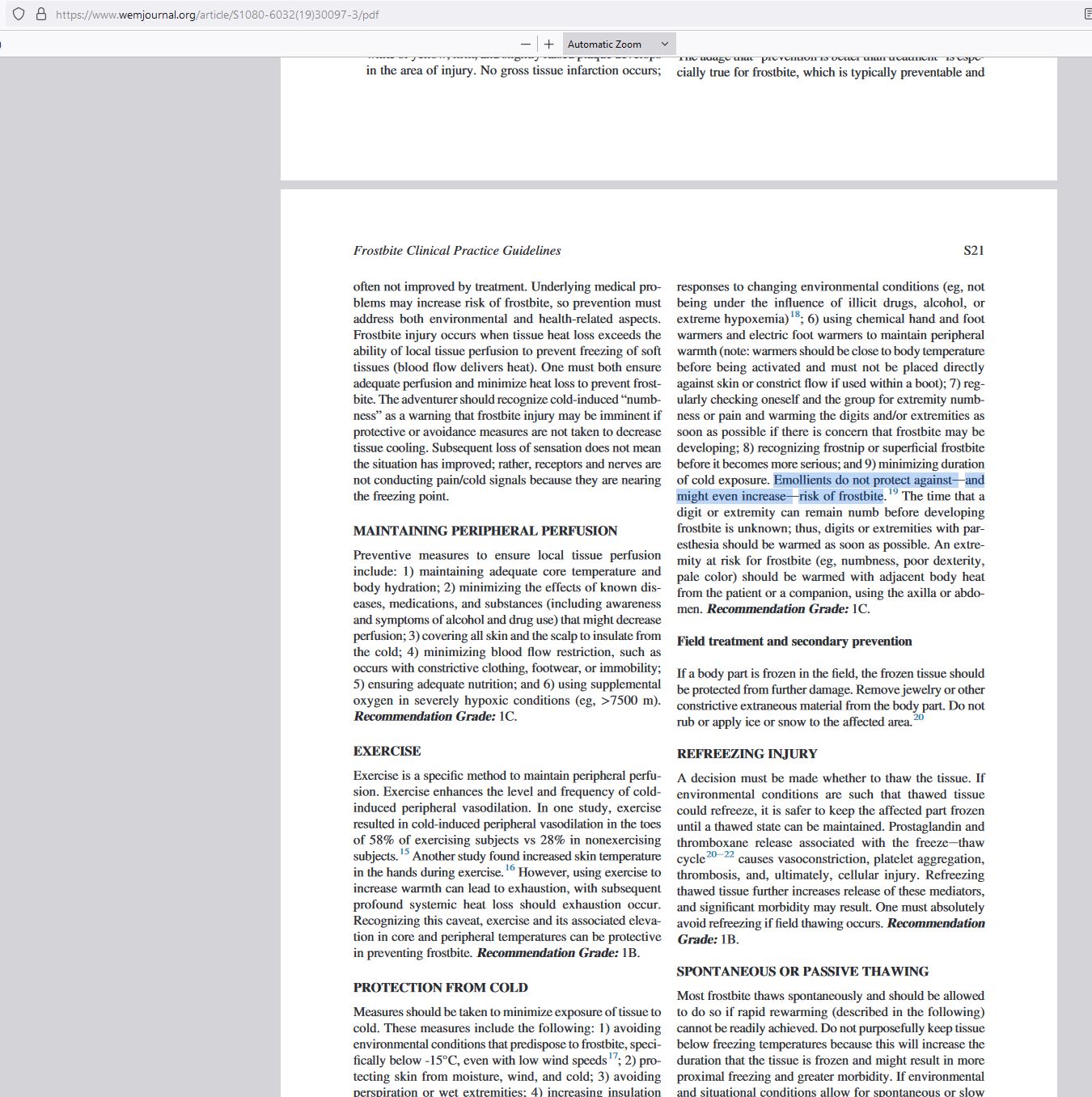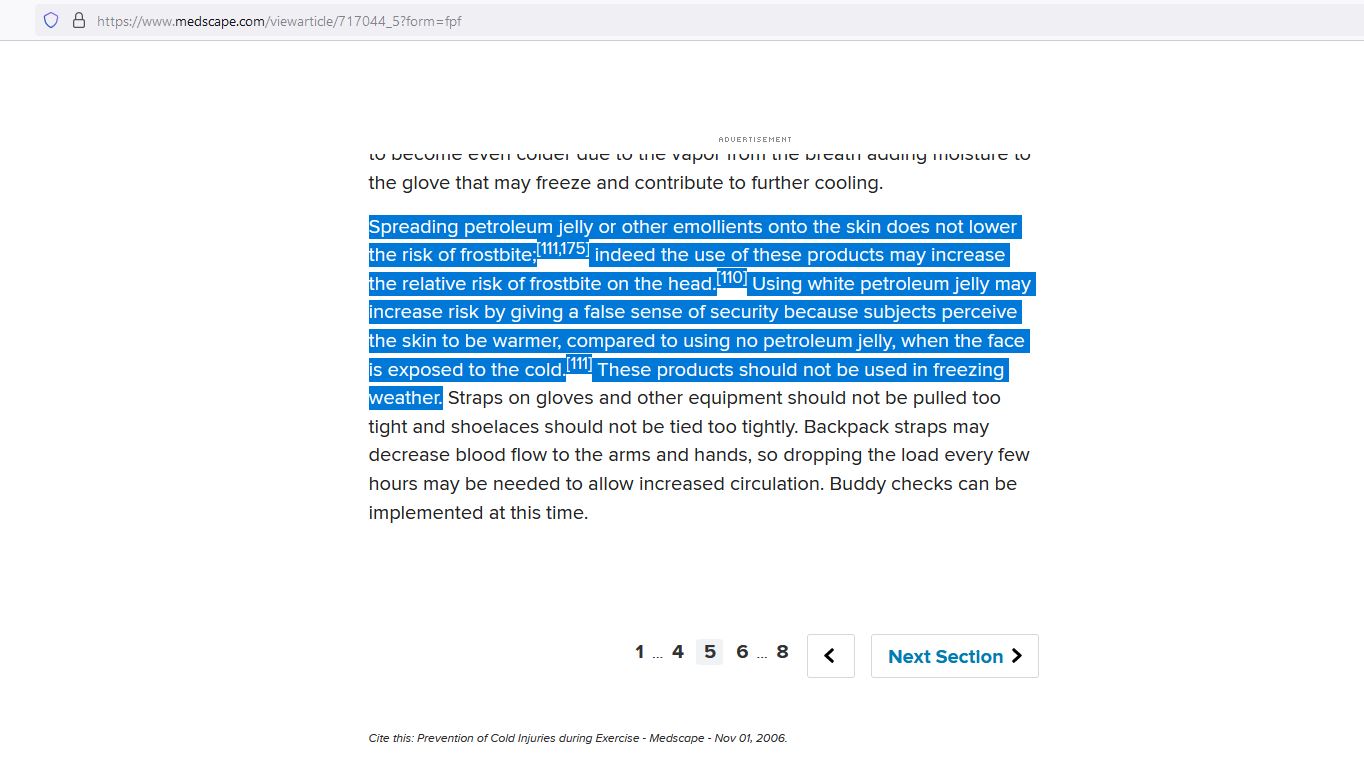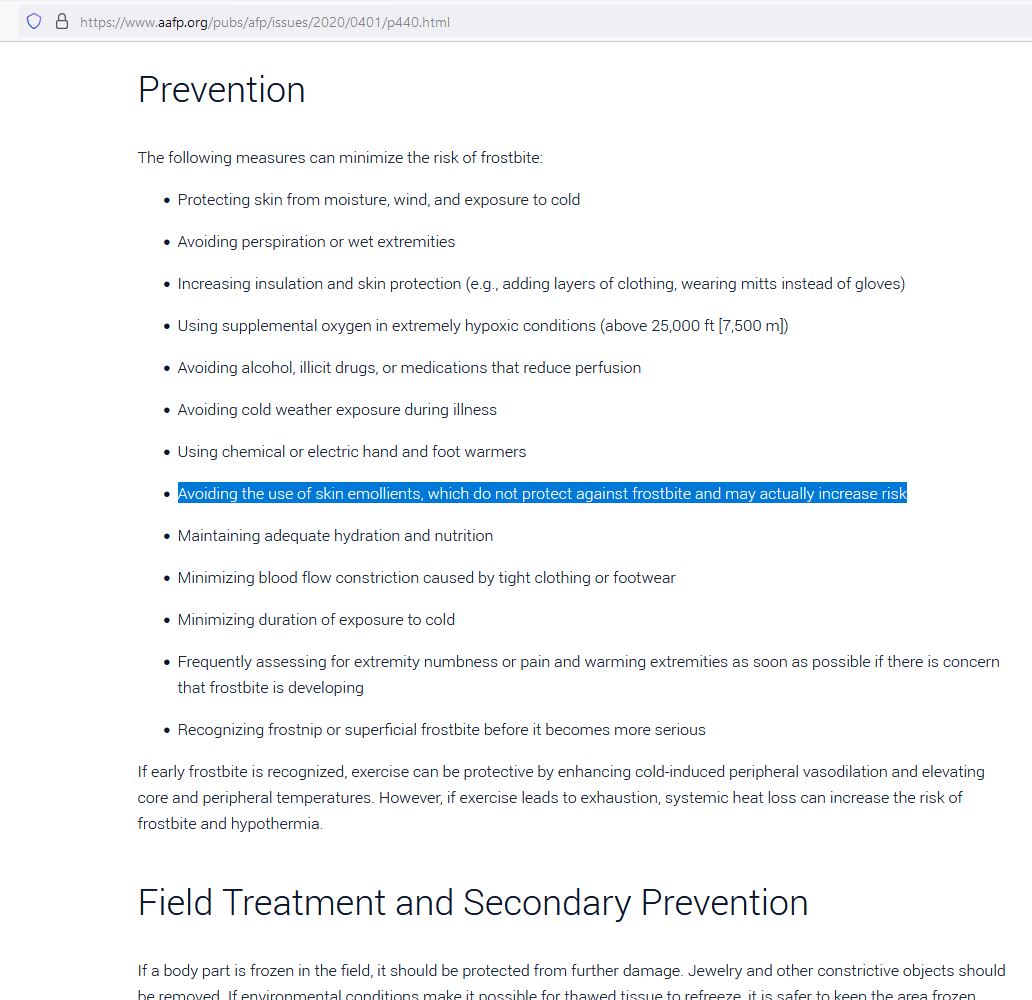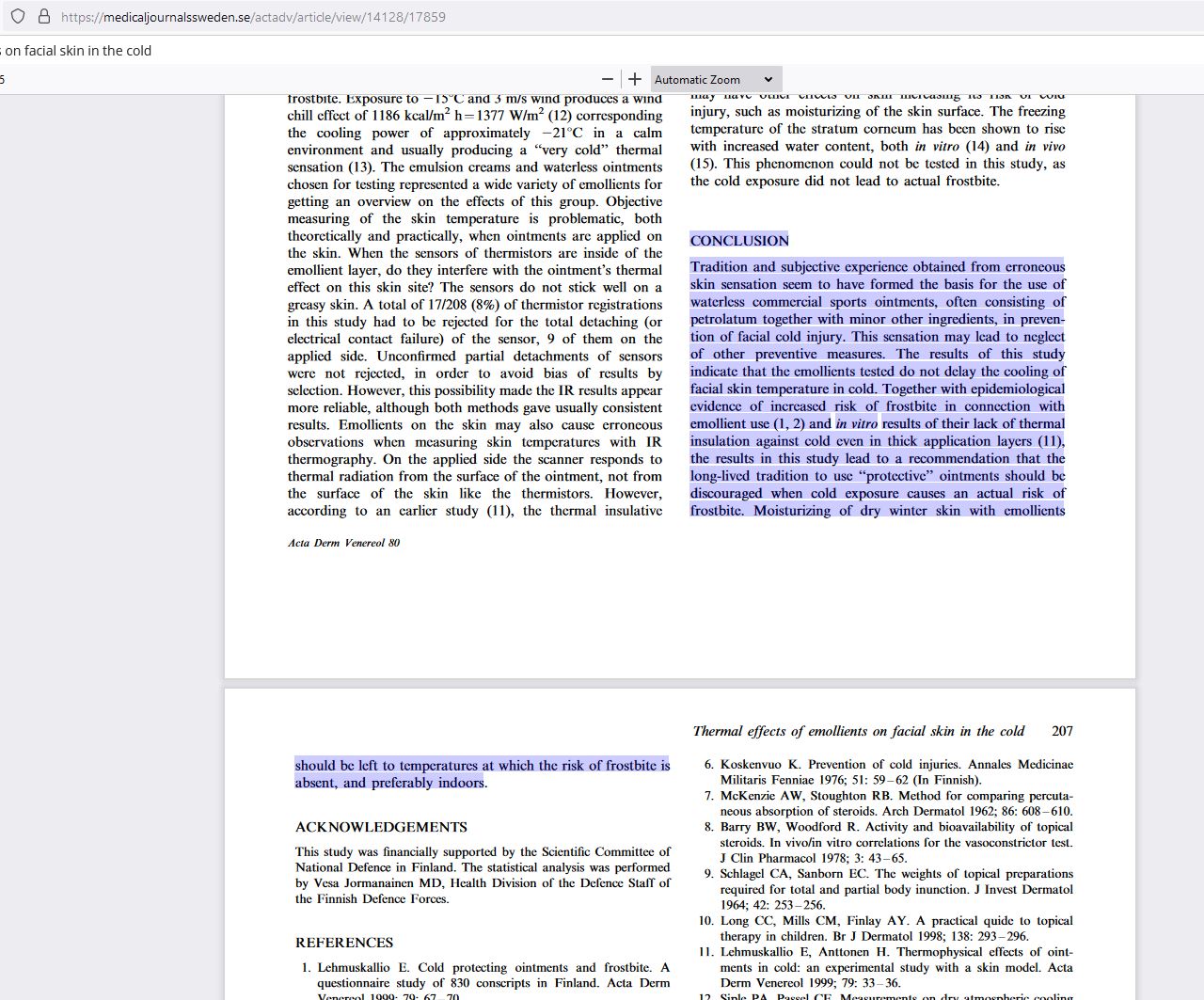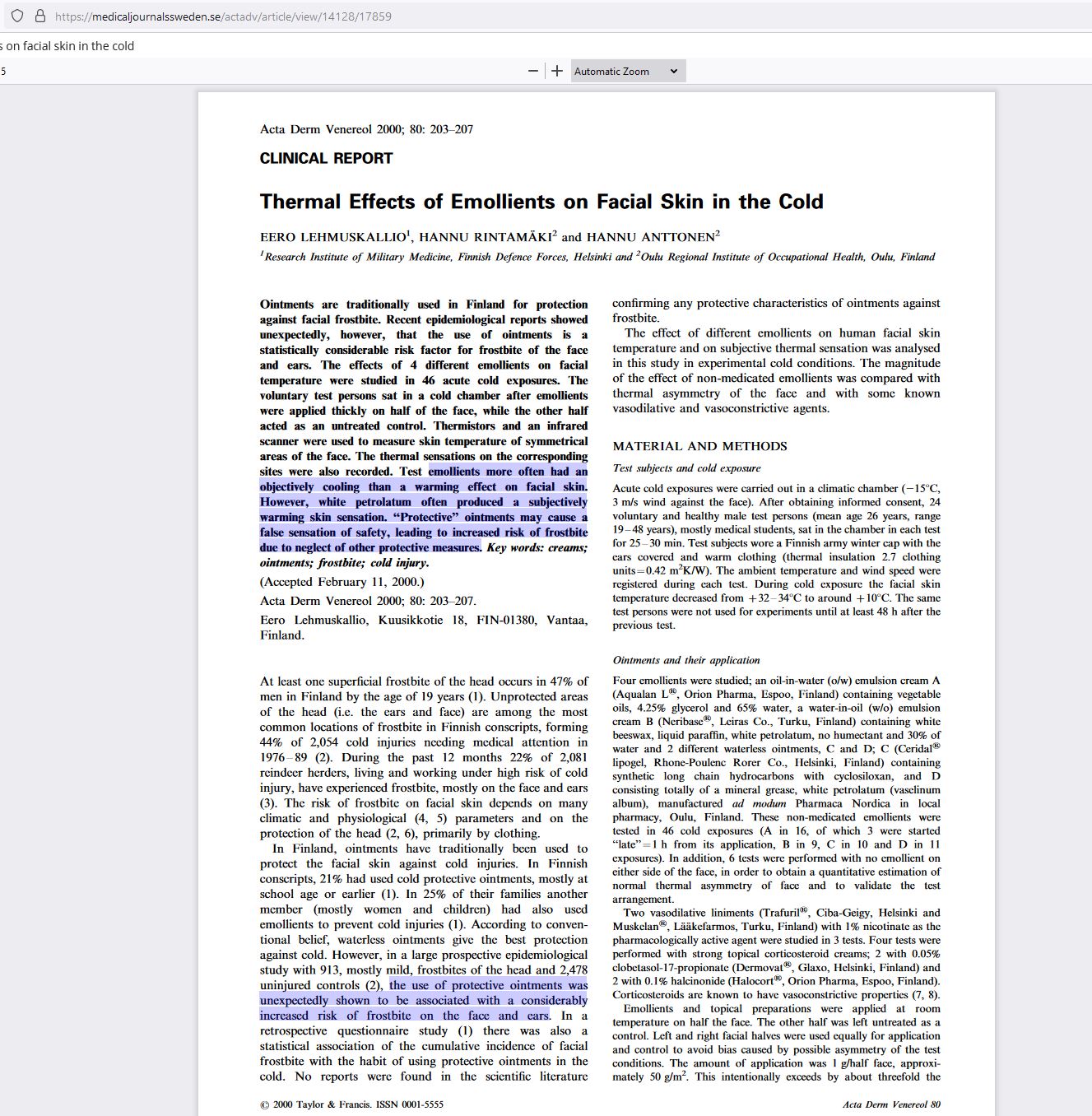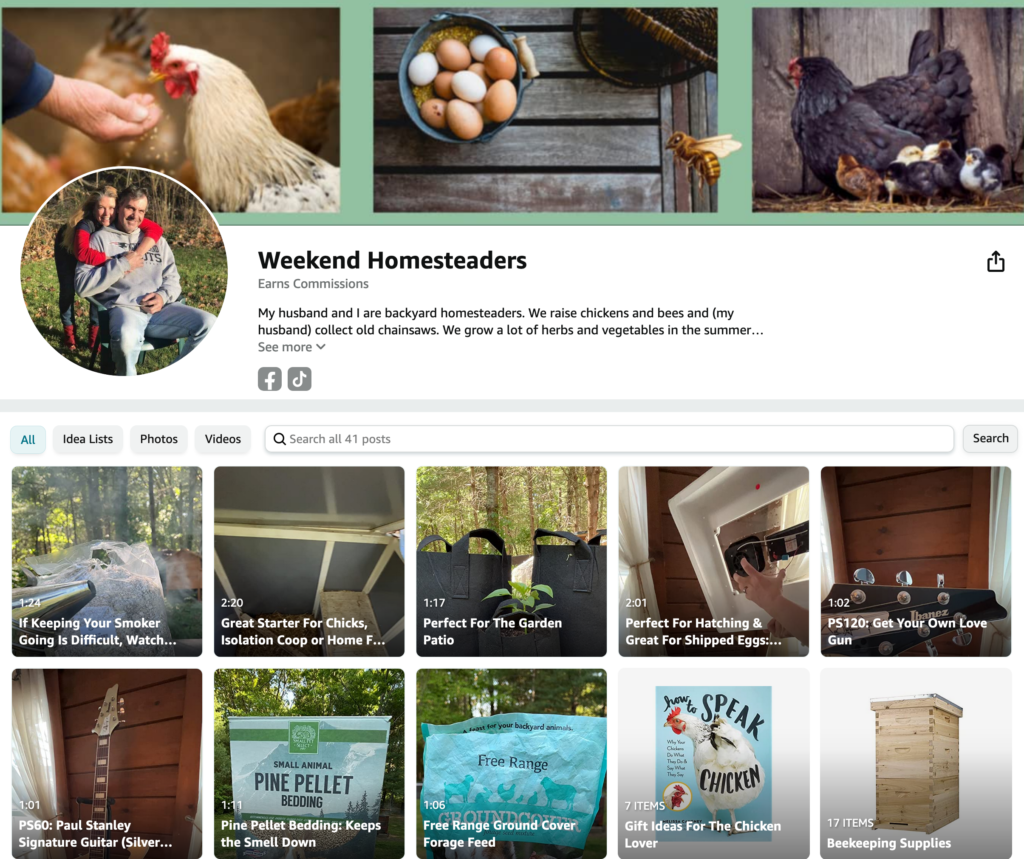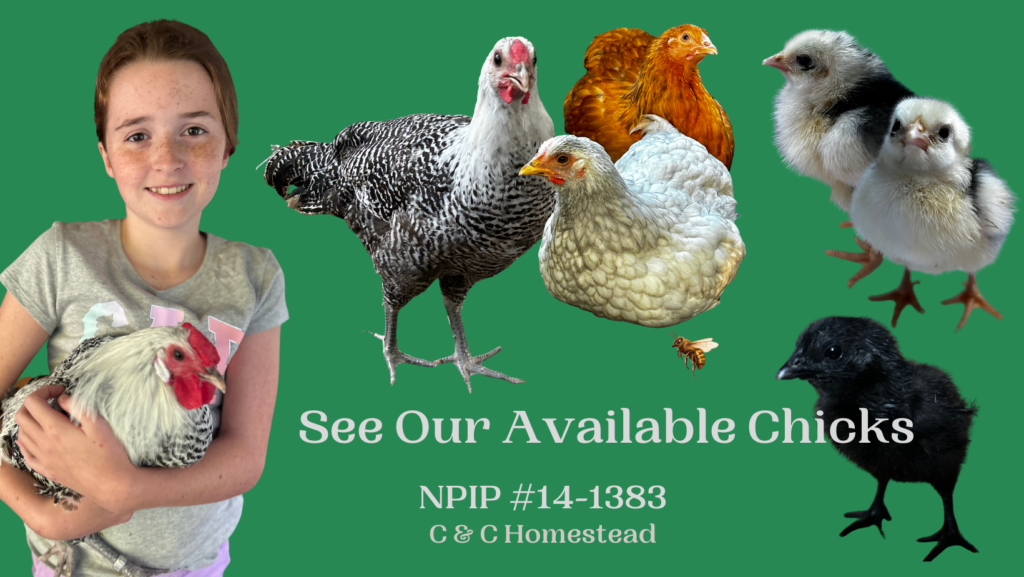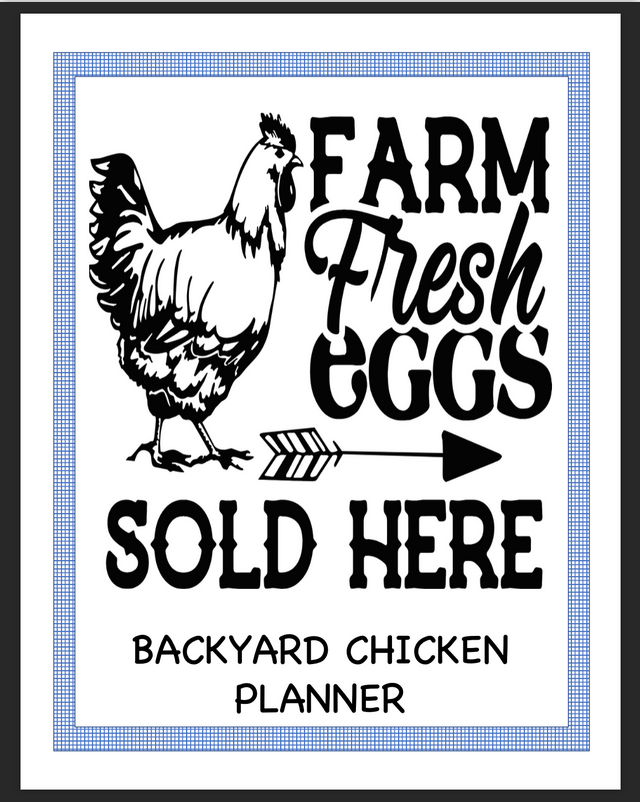Balancing Corporate & Homesteading Lifestyles
Understanding the Risks of Using Vaseline on Chicken Combs for Frostbite

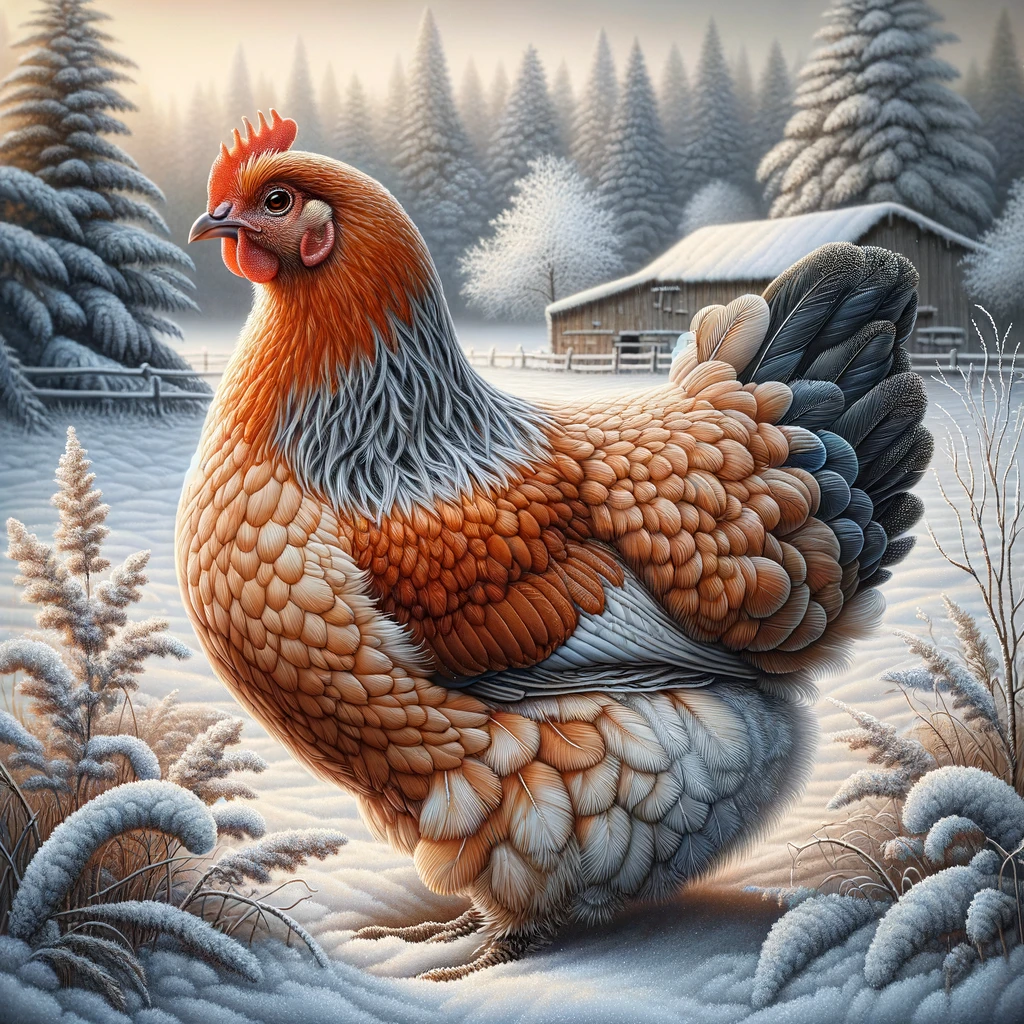
Additional Resources:
The use of Vaseline (petroleum jelly) on chicken combs for frostbite protection has been a topic of debate among chicken owners. Let's explore the insights from various sources on this matter:
Can Petroleum Jelly Protect Chicken Combs from Frostbite?
Frostbite In Chickens: Causes, Prevention, Treatment: from Chicken Fans: They note that using Vaseline on chicken combs and wattles has never been proven effective, and it can do more harm than good in severe colds. The substance can make feathers around the head sticky and attract moisture to the comb, which is counterproductive for frostbite prevention. They stress that coop management is the only reliable prevention method for frostbite
Frostbite:from Poultry DVM
Thanks to my friends Sara & Jacob Franklin at Roovolution for providing these links:
In summary, while Vaseline has been used by some chicken owners for frostbite prevention and healing, its effectiveness is not universally agreed upon, and there are potential risks involved. It's important to consider alternative methods and products specifically designed for chickens, and always prioritize proper coop management to prevent frostbite. If you're unsure, consulting with a veterinarian or a poultry specialist is always a good practice.
